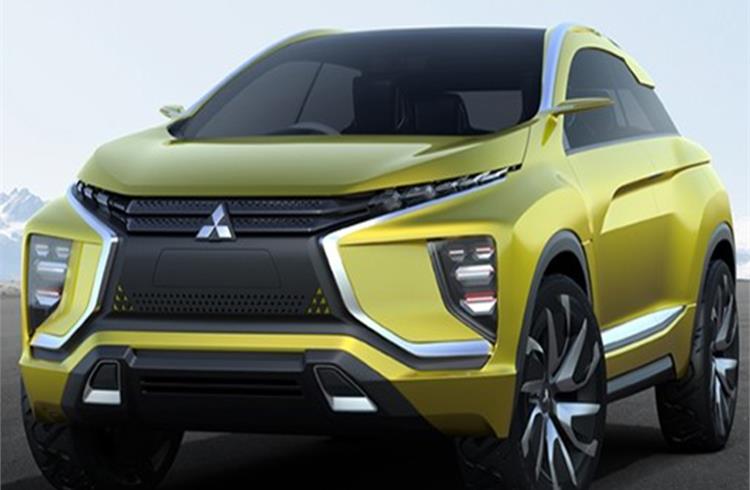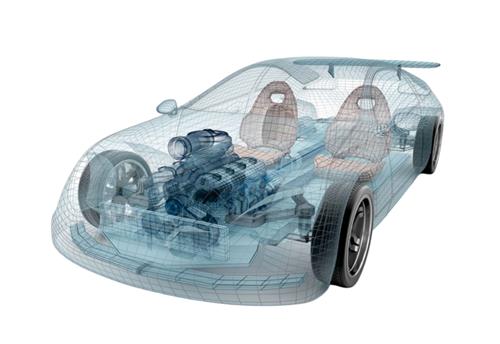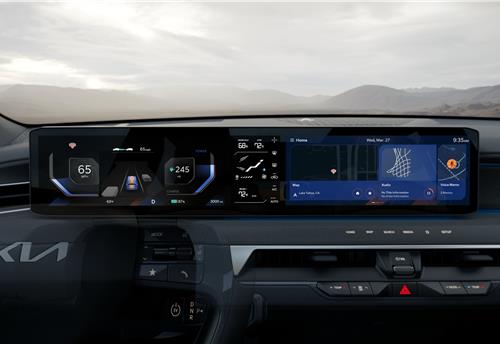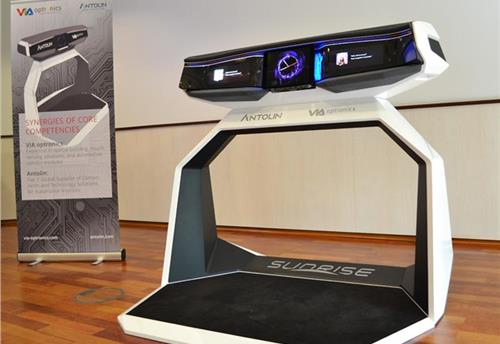Mitsubishi develops advanced sensing technology for Autonomous vehicles
Mitsubishi claims that their technology could deliver steady performance even in dense fog or heavy rain. It will be out in the market by 2023.
Mitsubishi Electric Corporation has developed a sensing technology for highly accurate detection of vehicle perimeters even in dense fog or heavy rain. The technology is expected to enable autonomous-driving and driving-assistant systems to work stably even in rough weather, where the detection accuracy of conventional sensors tends to deteriorate significantly.
According to Mitsubishi, research and development efforts continue to focus on raising the detection accuracy of sensors used in autonomous vehicles and its driving-assistant systems. These systems rely on various kinds of sensors to confirm the positions, velocities, sizes, and other data of obstacles in the paths of vehicles. It is to be noted that conventional systems using such sensors have not performed well in dense fog or heavy rain conditions that lower electrical and laser wave permeability and camera visibility.
Mitsubishi’s new technology is said to select and integrate information from multiple sensors based on the reliability of the information. Time series data (velocity, width, orientation, distance and others) obtained from various sensors are analysed in real-time to predict the reliability of each sensor's information affected by weather, based on its respective features. By selecting and integrating information determined to be highly reliable, high-accuracy detection is said to be possible even in rough weather.
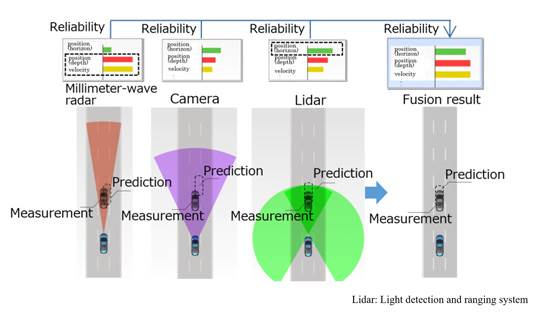
The technology was deployed with an autonomous emergency braking (AEB) system in tests to verify the performance of real vehicles in rough weather and the AEB system was confirmed to achieve safe emergency braking even in conditions where sensors normally do not perform well. Going forward, the company will perform evaluation testing in actual environments and continue development of the technology with the aim of commercialisation from the year 2023 onwards. The company expects future application of this technology in autonomous vehicles for safe and accurate lane changes even in rough weather.
RELATED ARTICLES
Marelli Talbros Chassis Systems wins Rs 1,000 crore business from European OEM
The order, to be executed over an eight-year period, is for the supply suspension arms tailored for both conventional in...
Kia launches customised NBA display themes for North American market
Display Themes is a customised service that supports a personalised vehicle experience, allowing users to customise the ...
Antolin and VIA Optronics unveil versatile vehicle cockpit concept
The Sunrise vehicle concept cockpit, which is engineered for seamless transitions between manual and autonomous driving ...





 By Autocar Pro News Desk
By Autocar Pro News Desk
 13 Feb 2019
13 Feb 2019
 6023 Views
6023 Views



